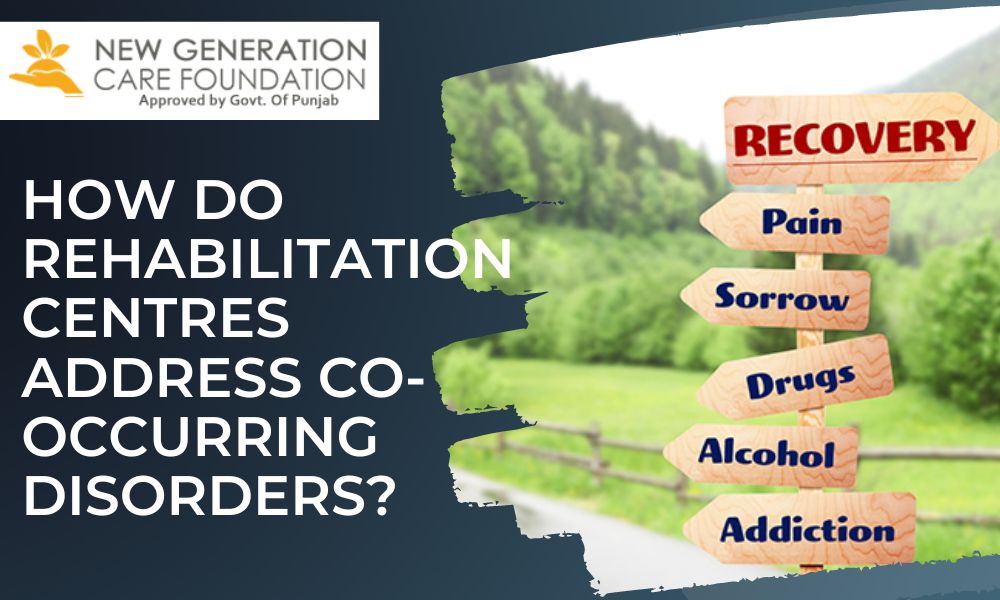What are Co-Occurring Disorders?
Co-occurring disorders, also known as dual diagnosis, refer to the presence of both a substance use disorder and a mental health disorder in an individual. According to the Substance Abuse and Mental Health Services Administration (SAMHSA), approximately 9.2 million adults in the United States have co-occurring disorders. It is important to address both disorders in treatment as they can feed off of each other and lead to a cycle of addiction and mental health symptoms.
Integrated Treatment Approach
One of the most effective ways that Rehabilitation Centre in Himachal Pardesh address co-occurring disorders is through an integrated treatment approach. This approach involves the use of multiple treatment modalities to address both the addiction and the co-occurring disorder simultaneously. An integrated treatment approach may include:
Behavioral Therapy
Behavioral therapy is a type of therapy that focuses on changing behavior patterns and thoughts that contribute to addiction and mental health disorders. In Rehabilitation Centre in Shahbad, behavioral therapy may be used to address both addiction and co-occurring disorders. For example, cognitive-behavioral therapy (CBT) is a type of therapy that is often used to treat addiction and co-occurring disorders. CBT helps individuals identify and change negative thought patterns and behaviors that contribute to addiction and mental health symptoms.
Medication-Assisted Treatment (MAT)
Medication-assisted treatment (MAT) is a type of treatment that involves the use of medications to treat addiction and co-occurring disorders. Medications may be used to manage withdrawal symptoms, reduce cravings, and address mental health symptoms. For example, medications like buprenorphine and methadone may be used to treat opioid addiction, while medications like naltrexone may be used to reduce alcohol cravings.
Support Groups
Support groups, such as Alcoholics Anonymous (AA) or Narcotics Anonymous (NA), are often used in Rehabilitation Centre in Haridwar to provide individuals with support and guidance during the recovery process. These groups provide a sense of community and can help individuals feel less alone in their recovery journey.
Family Therapy
Family therapy may be used in rehab centres to address both addiction and co-occurring disorders. Family therapy involves the participation of family members in therapy sessions to address the impact of addiction and mental health disorders on the family dynamic. Family therapy can help individuals in recovery develop healthier relationships with their family members and learn how to communicate effectively.
Conclusion
In conclusion, rehabilitation centres play a crucial role in addressing co-occurring disorders through the use of various treatment modalities. An integrated treatment approach, including behavioral therapy, medication-assisted treatment, support groups, and family therapy, can be effective in addressing both addiction and co-occurring disorders simultaneously. Dual diagnosis treatment programs and individualized treatment plans are also important in addressing co-occurring disorders.



.jpg)
